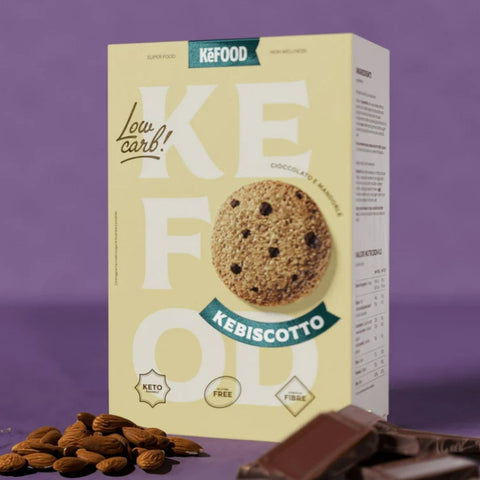Article écrit par M. WALKOWICZ, Diététicienne Nutritionniste spécialiste des alimentations low carb
Qu'est-ce que le Keto ?
Le régime keto (ou cétogène) est un type d’alimentation très faible en glucides et riche en graisses, qui vise à pousser le corps dans un état de cétose. En réduisant drastiquement les glucides (généralement moins de 20-50 g par jour), le corps commence à utiliser les graisses comme source d’énergie principale, produisant des cétones à partir des graisses stockées et des graisses alimentaires.




































